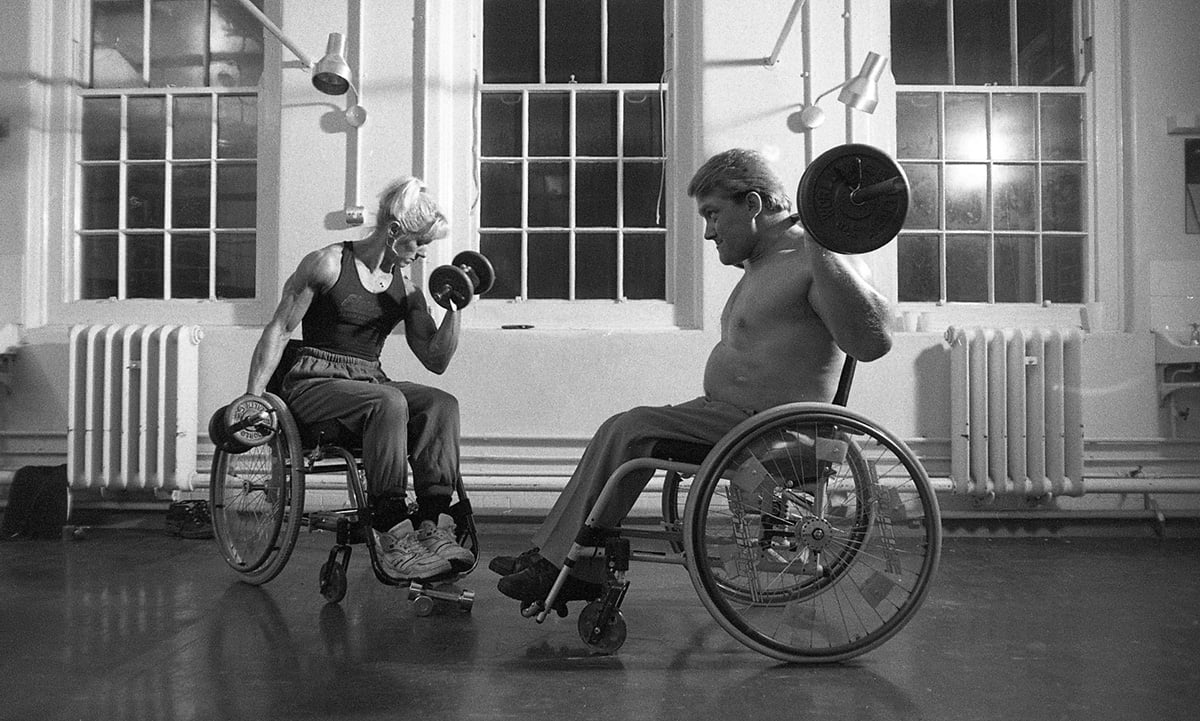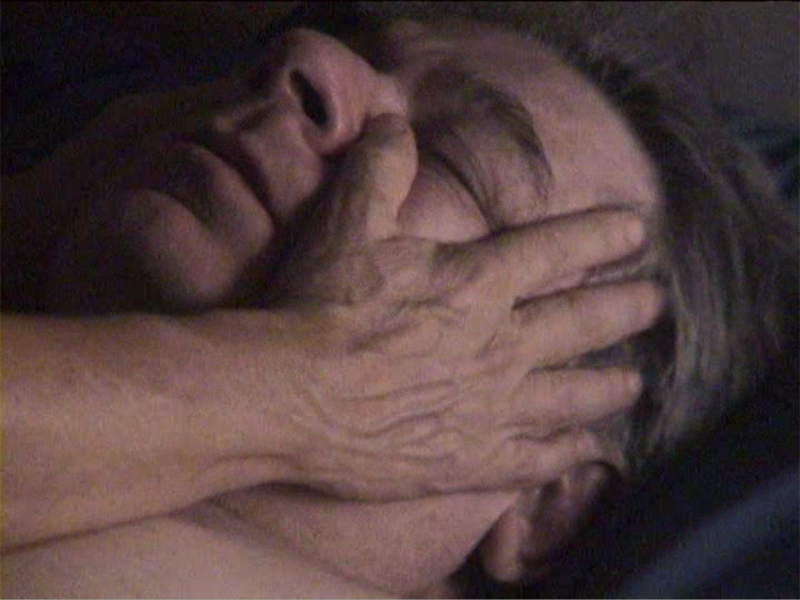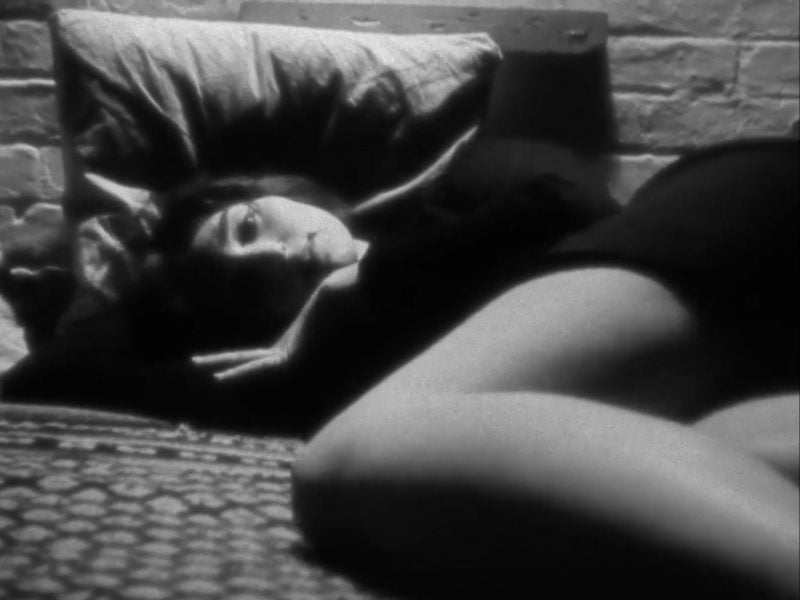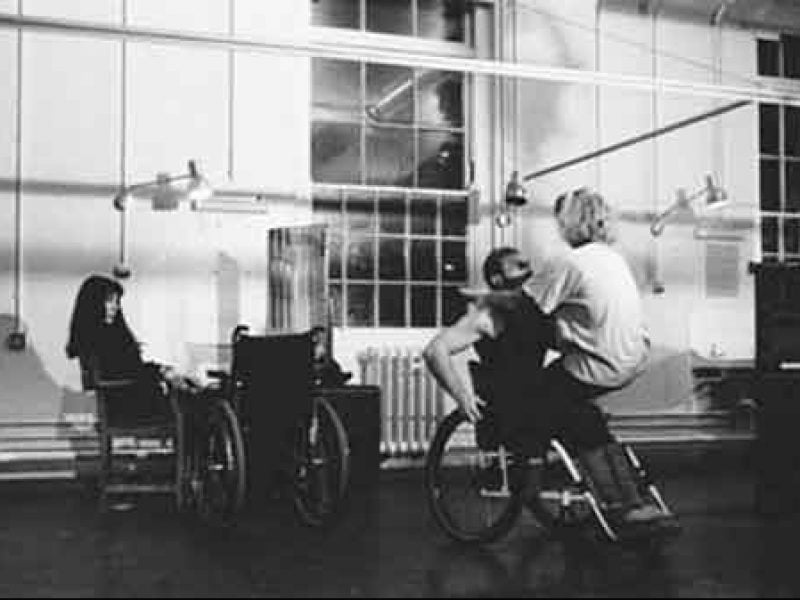LUX X CFAC presents Dwoskin, disability, and…accessibility: Face of Our Fear as part of the AHRC-funded project, The Legacies of Stephen Dwoskin.
Discussion with David Ruebain, Yates Norton and Jenny Chamarette
Transcript: Introduction by Jenny Chamarette – bit.ly/3ehfGN5
This is the first in a series of rare screenings and discussion events exploring the experimental filmmaker Stephen Dwoskin’s complex relationships with disability, accessibility, care, illness, and sexuality.
First shown on the launch night of Channel 4’s ‘Disabling World’ season in 1992, Face of Our Fear is an essay film about media representations of disability from antiquity to the modern era. Far from being a standard documentary, it is peppered with personal touches, surreal scenes, and echoes of Dwoskin’s underground films.
Dwoskin did not want to be regarded as ‘a disabled filmmaker’, complaining to one interviewer that ‘everyone began starting their articles about me, announcing the fact, “He got polio in 1948 at the age of ten,” even friends do it’. This tension is present throughout Face of Our Fear, which he saw as a film about stigmatization.
The film also probes the social model of disability: the cultural narratives that pinion disabled people as victims, villains, freaks, and monsters, and the ableist and disabling built and social environments that become sites of daily negotiation. The overall result is incisive and polemical, accessible and witty.
Face of Our Fear will begin with an introduction and communal viewing at 7pm on Friday 5 March, followed by a discussion on accessibility, interdependence and care from 8pm featuring David Ruebain and Yates Norton and chaired by Jenny Chamarette.
Face of Our Fear has open captions, and the live discussion will be BSL interpreted and live captioned. The discussion will last no longer than 60 minutes.
This event is co-hosted by the LUX and the Centre for Film Aesthetics and Cultures (CFAC) at the University of Reading, and supported by the Arts Committee and the Diversity and Inclusion Initiatives Fund of the University of Reading.









